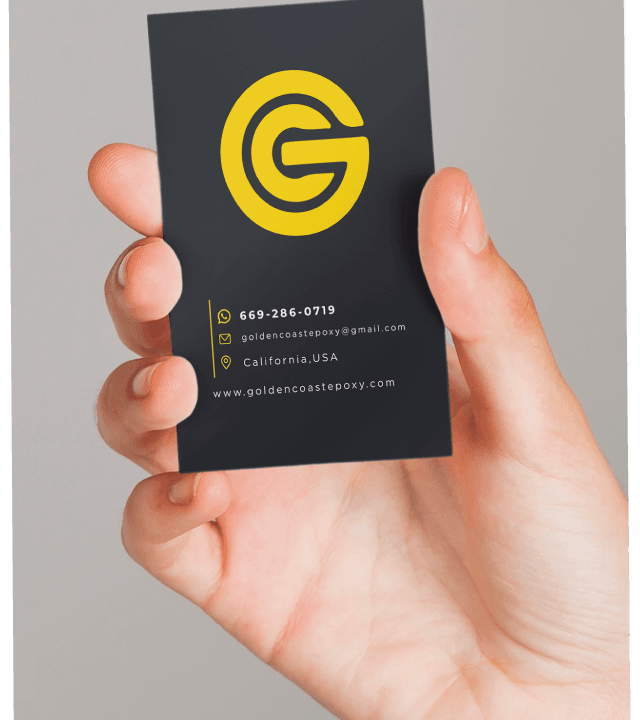ESD ANTISTATIC FLOORING
Modern flooring has evolved, and concrete floor polishing is at the forefront of this revolution.
ESD ANTISTATIC FLOORING
Electrostatic discharge (ESD) flooring is a grounded, conductive or static dissipative floor that protects electronics from damage caused by static electricity.
ESD flooring is used in many places, including data centers, flight towers, call centers and clean rooms.
Frequently Asked Questions
How do I clean epoxy?
Latex gloves should always be used when working with epoxy. If you should get epoxy onto your skin, it can be cleaned off with a waterless soap immediately, then thoroughly washed with soap and water. Tools can be washed with vinegar or isopropyl alcohol (IPA), acetone or lacquer thinners. The only way to remove cured epoxy is to re-heat to above its glass-transition temperature. For Alcolin Rapid Epoxy, this would mean heating the epoxy to above 100°C, and then mechanically scraping to remove. Alternatively, heat with a soldering iron and work the tip like a chisel to remove unwanted epoxy.
What surfaces does an epoxy bond to?
Wood, metals, glass, plaster, concrete, ceramics, brick, and many plastics, e.g. polycarbonate, hard PVC, fibreglass, etc.
How slippery is epoxy?
Epoxy floors can have different slip resistances depending on your needs. We can add slip reducing additives such as aluminium oxide which help to create a textured, non slip surface. Please keep in mind the higher the slip rating the harder it is to clean with a standard mop.
Is an epoxy floor waterproof?
Yes it sure is! Any spills however should be attended to promptly.

Consult with us
Fill the form and our sales team will reach you shortly.
